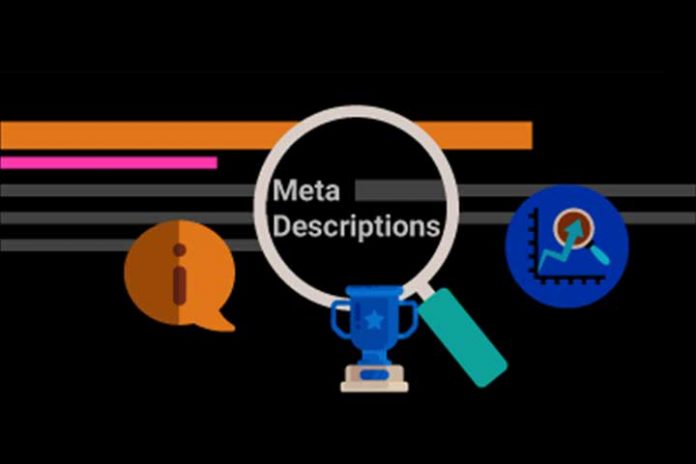If you want to adapt your website for search queries, you should not do without a good meta description. Although it is no longer considered an “active” ranking factor, it still does affect a website’s Google ranking. Accordingly, it is important for search engine managers to know what makes a good meta description and how it affects the ranking. We summarize the most important facts.
What is the meta description and what is it for?
The meta description (in German: page description) is part of the metadata of a website, through which the website operator can briefly describe the content of a page. The page description is then listed under the page title and page link in search queries.
At the beginning of the 2000s, when search engines started, metadata from websites was used to create rankings. The meta description is an important factor here, as it is a gusto with a corresponding number of keywords could be provided – but those times are long gone. At the end of the last decade, Google declared that meta keywords and meta description no longer had any influence on a website’s ranking in order to prevent the mass use of keywords. Anyone who still claims that meta descriptions have a direct effect on the ranking is simply wrong.
Despite this, an optimal meta description can indirectly help to support the ranking of a page – the magic word here is click-through rate (CTR). A suitably formulated, informative and appealing page description tempts users to click more often on the search result. More frequent clicks, in turn, have a positive effect on the ranking. The following should therefore be considered when creating an effective meta description that encourages clicks:
- It is generally said that a page description should contain around 150 characters (max. 170) including spaces or 600 pixels. If the text is longer, it is broken off by “….”.
- Rich snippets (ratings, naming the author) reduce the number of characters available, but may increase the CTR.
- Due to the short attention span of the user, it is better to use several short sentences instead of one long sentence. This creates a better reading flow.
- Formulate in an understandable and stimulating way . The page description should reflect the content of the page briefly and concisely.
- The page description should positively differentiate the page from the other search results . What does the site offer that the others don’t? What is the added value for the user ?
- While using a keyword won’t help you rank better, there’s still no harm in using it once. The main keyword is at best close to the beginning of the text.
- Avoid duplicates – multiple websites must not have the same meta description
- As long as it fits the image of the company/site operator, special characters such as hearts, ticks or dividing lines can be a good way to draw the user’s attention to the page description. However, the following applies here: less is more.
Also Read: Backlinks And Their Importance For Ranking


